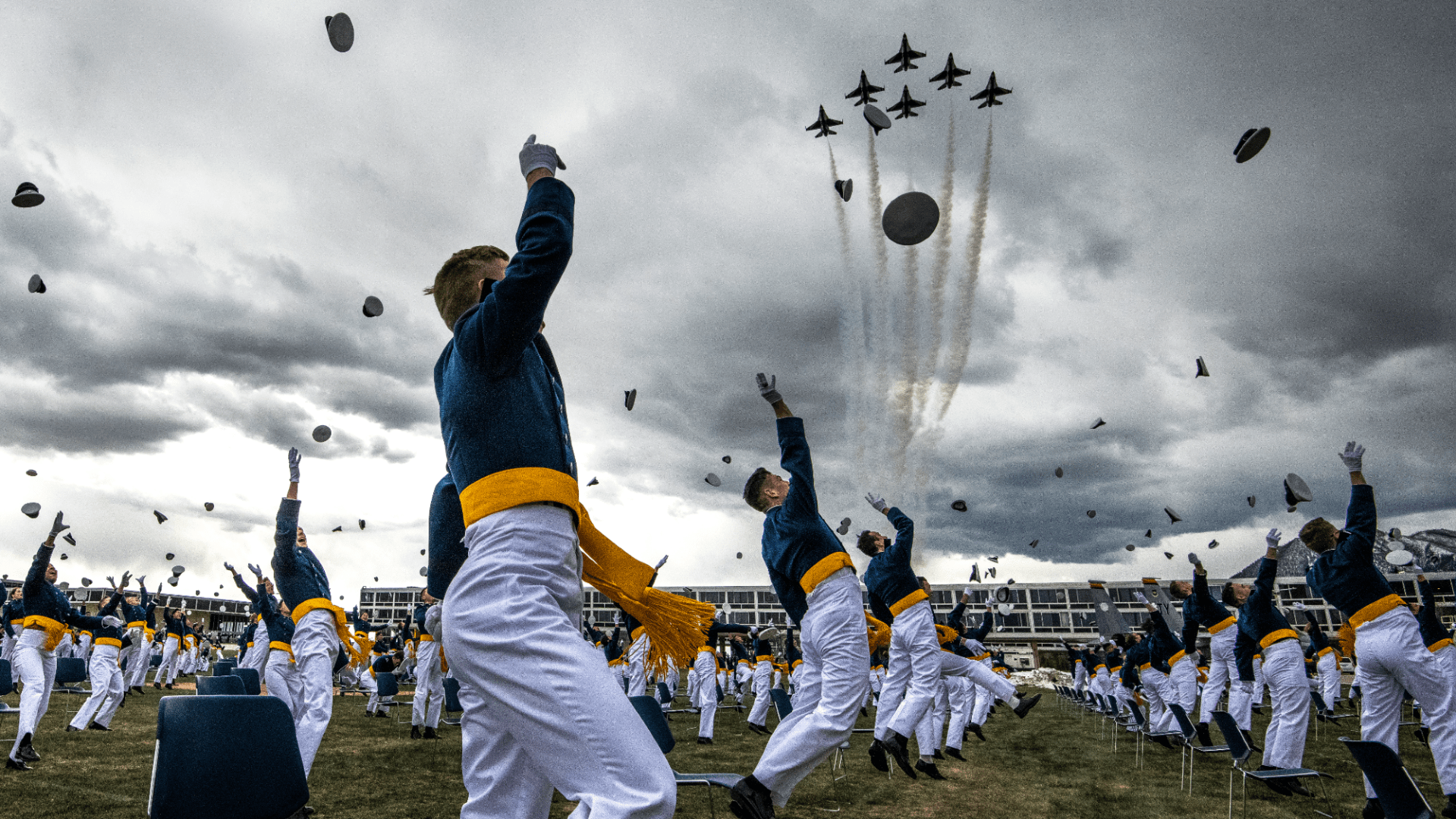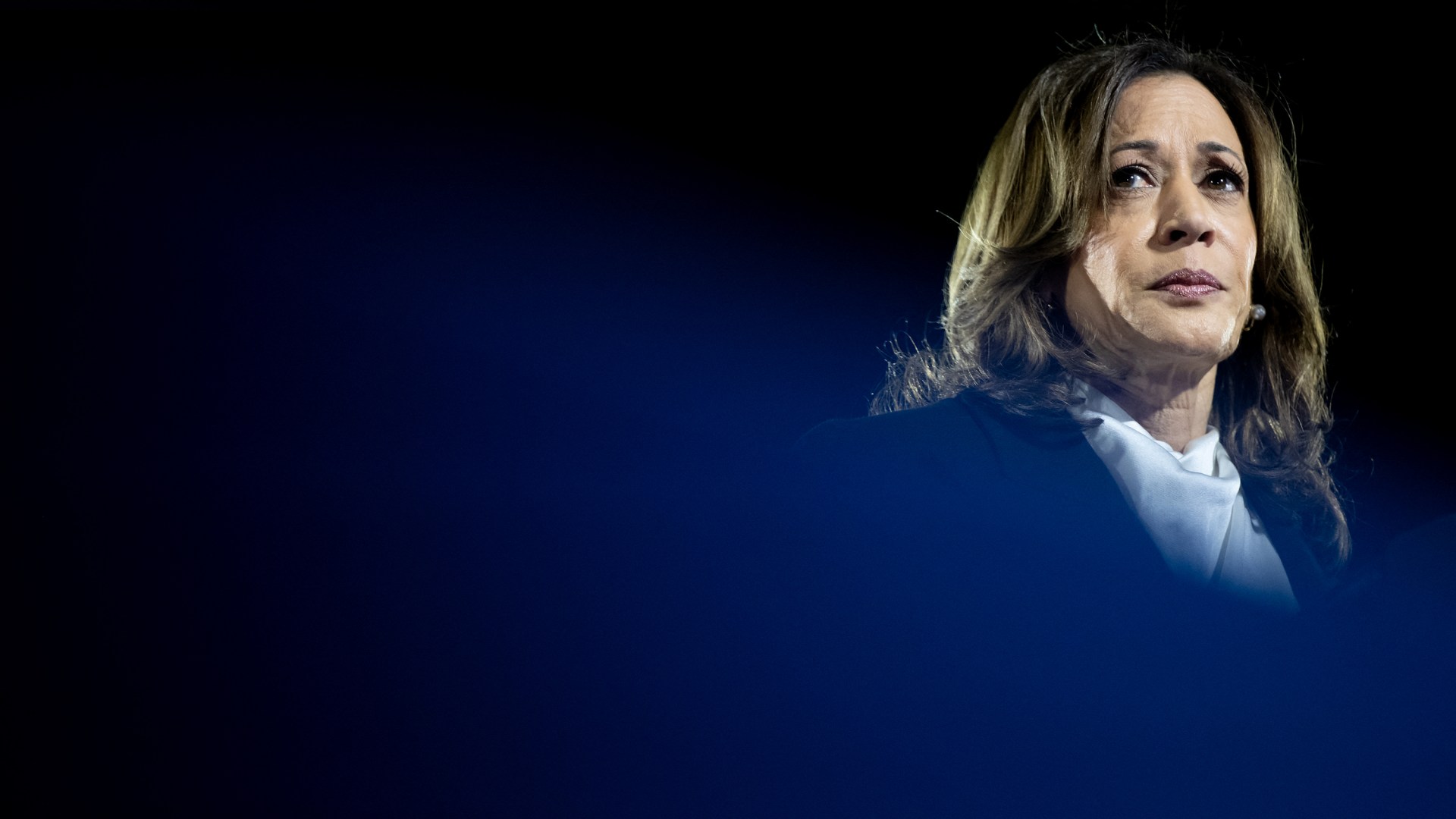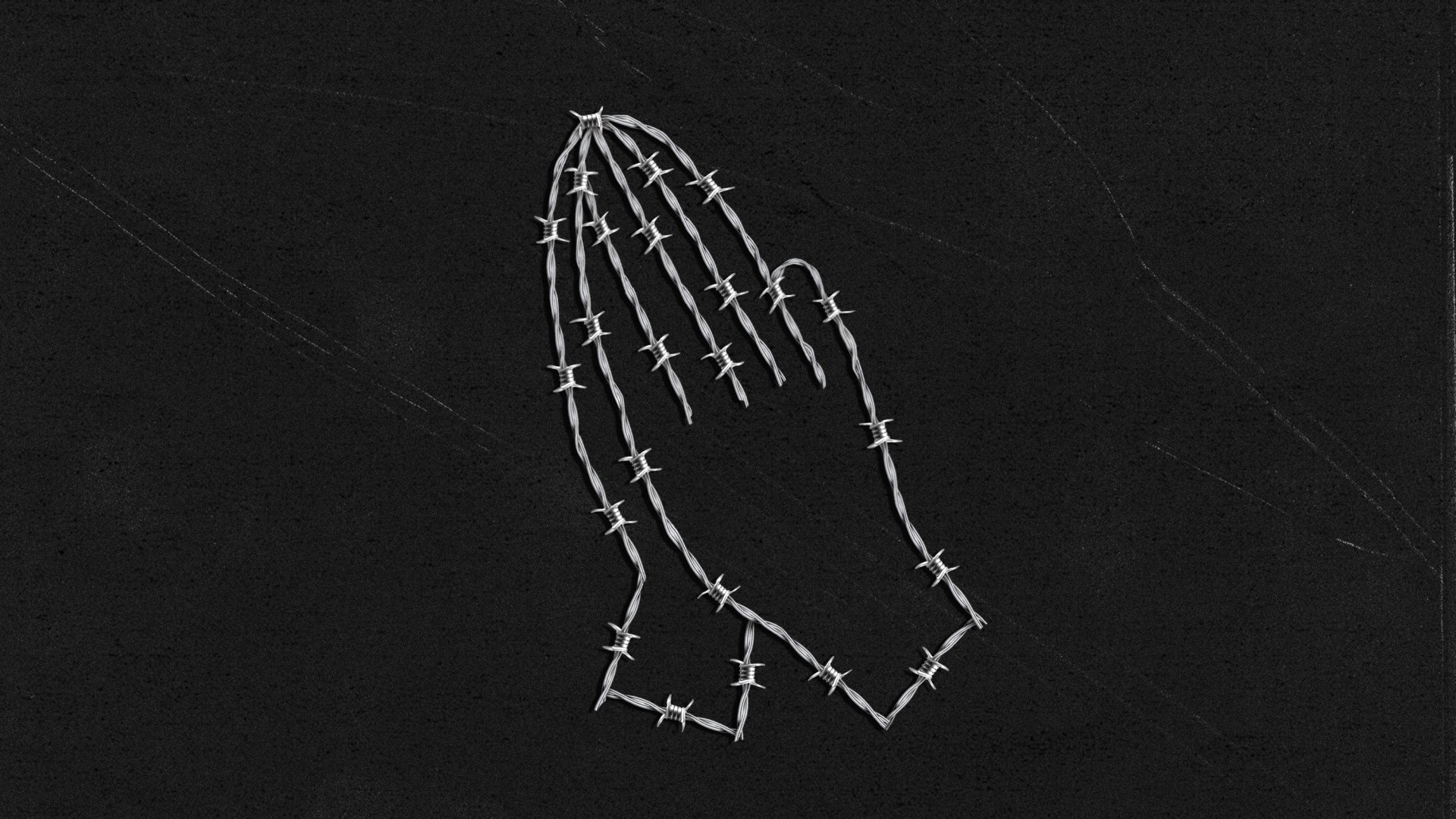The upright piano was old and out of tune, but James Linzey couldn’t resist the urge to stop and touch the keys.
Sitting in the former Dalton gang museum building in Coffeyville, Kansas, Linzey clanked until he found the melody he had been searching for. Then he wrote the words:
Creator of the universe,
Watch over those who fly,
Through the great space beyond the earth,
And worlds beyond the sky.
The 66-year-old Southern Baptist minister composed this hymn in Coffeyville, a small town of about 9,000, back in 2020, while cleaning up the historic museum he’d purchased with plans to revitalize. Now, nearly five years later, the hymn is known as “The Space Force Hymn.”
Linzey was a military chaplain for nearly 24 years, but the government didn’t ask him to write “Creator of the Universe” for the newest branch of the service. In fact, the military does not have official hymns, out of concern they would violate the First Amendment prohibition against respecting an establishment of religion. But there are unofficial hymns. The Air Force has “Lord, Guard and Guide the Men Who Fly,” and the Navy has “Eternal Father, Strong to Save.” And the Space Force has Linzey’s composition.
If you ask Linzey why he wrote it, he will tell you it’s because God told him to—although he’s quick to add that it wasn’t an audible voice. He felt an internal prodding.
“I felt very strongly in my spirit that the Lord led me—urged me—to write the Space Force hymn.”
The thought popped into his head when he first heard that then-president Donald Trump was going to create another branch of the military—the first new service since the creation of the Air Force in 1947. Some people mocked the idea when it was announced, but experts said it was necessary for the organization and prioritization of American interests in space, including the security of satellites.
“It’s not about protecting Earth from asteroids or aliens,” said Todd Harrison, who directs the Aerospace Security Project at the Center for Strategic & International Studies. “It will create a centralized, unified chain of command that is responsible for space.”
Linzey, who was taking an intensive course in advanced Greek at Westminster Seminary California at the time, started thinking about heaven.
“The Space Force’s mission to explore space and engage in space travel inspires me because, number one, the Bible says that that is where heaven is,” he told Christianity Today. “The OT Hebrew term for ‘heavens’ or ‘heaven’ is shamayim, which can also be translated as ‘sky.’ In the Hebrew Bible, shamayim is the home of God. The NT Greek term for ‘heaven’ or ‘sky’ is ouranos, and … that is where we will go for all eternity, by believing in and living for Christ.”
It’s hard to imagine someone more suited to compose the Space Force hymn than Linzey. He served in the United States Army and Air Force as a chaplain before retiring in 1998 with the rank of major.
His experience has given him a lot of insight into the hearts and spiritual needs of the people serving their country—and what inspires them.
He also has an MDiv from Fuller Theological Seminary and a deep knowledge of biblical languages. He is chief editor of the Modern English Version Bible and general editor of the new Tyndale Bible, which will be released in 2026 ahead of the 500th anniversary of the release of the original Tyndale Bible.
Linzey believes having a strong theological background is important for hymn writing.
“You have to know the Bible,” he said. “You have to know theology so you don’t mess up.”
It also helped to know military music history. The Space Force hymn includes allusions to both the Air Force hymn and the Navy hymn. The first verse of Linzey’s composition references “worlds beyond the sky,” which plays off the Air Force hymn’s line about “great spaces of the sky.” And the final verse of Linzey’s hymn begins with “Eternal Father, strong to save,” which is the title of the Navy hymn.
Linzey said he did this deliberately to show the continuity of the new service. The first members of the Space Force also came from the Air Force, so he wanted to communicate that connection and the development of a new branch in the song.
The official recording was done by Dan Kreider, a professional composer and music minister at a church in Florida, who also has a doctorate in choral music and a business publishing custom hymnals. Linzey laughed and said that it sounds a lot better than it did when he first played it on the upright in Dalton Museum building. Kreider’s version is slow and majestic and allows people to breathe and experience the feeling of praying to God.
“It’s like you’re in a cathedral at this altar with stained glass windows and the sun’s shining through,” Linzey said. “The reverence—they captured it.”
Don Biadog, a retired Navy chaplain who has known Linzey since 2016, had a similar reaction when he first heard the song.
“The hymn impacted me emotionally and on a high spiritual level,” said Biadog, who is also Southern Baptist. “The lyrics and the tune masterfully tug at the heart, soul, and mind.”
He believes the hymn will have a powerful effect on the men and women who serve in the Space Force in the years to come.
“‘Creator of the Universe’ is a prayer that has been set to music, and all military personnel certainly need a prayer such as this that draws the soul of humankind closer to God,” he said.
Biadog hopes the hymn will be sung in lots of churches—perhaps on Independence Day, Memorial Day, and Veterans Day.
“Military hymns became recognized in the civilian churches before becoming ‘military hymns,’” Biadog explained in an article for K-Love. “After that, it became natural for military chapels and military bands to adopt them as their hymns and perform them.”
Linzey is pleased with the response the song has received so far. He doesn’t know how many churches have sung the hymn, exactly, but tens of thousands of people have visited his website, where the sheet music is free to download.
Since its release, the song has been well received, with stories written about it in the local Coffeyville newspaper and numerous religious publications. Linzey has also done his best to let churches and chapels know about it.
“I really hope in my lifetime to see it in a hymnal,” he said.
Perhaps someday it will be sung in the chapel at the Pentagon, where the more than 9,000 members of the Space Force are currently assigned:
Eternal Father, strong to save,
In prayer before Thy light,
In solitude of sov’reign grace,
Grant courage for each flight. Amen.
Wherever people sing the words that Linzey wrote in Coffeyville, though, he knows a prayer will rise to the heavens.




















































